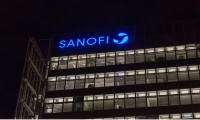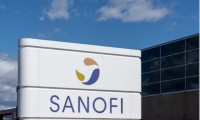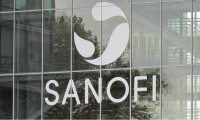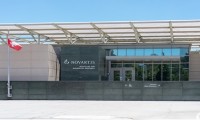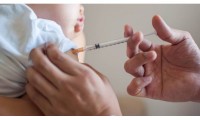-
Senate Democrats press Sanofi and AZ for answers as ‘unprecedented’ demand spurs shortage of RSV antibody Beyfortus
- Source: drugdu
- 199
- November 22, 2023
-
CDC rushes extra doses of Sanofi, AZ’s Beyfortus to ease supply shortfall
- Source: drugdu
- 138
- November 21, 2023
-
Sanofi Issues Update on Shortages of Beyfortus for Respiratory Syncytial Virus
- Source: drugdu
- 96
- November 9, 2023
-
Bloomberg
- Source: drugdu
- 213
- October 8, 2023
-
Sanofi, Teva Ink Deal to Develop Inflammatory Bowel Disease Treatment
- Source: drugdu
- 122
- October 7, 2023
-
Sanofi Sells 11 CNS Assets to Pharmanovia including Frisium and Gardenal
- Source: drugdu
- 187
- September 21, 2023
-
Sanofi and Ad Scientiam partner to assess MS disability progression
- Source: drugdu
- 204
- September 19, 2023
-
First Wave plans to repurpose Sanofi’s capeserod as GI therapy
- Source: drugdu
- 214
- September 18, 2023
-
Novartis Scores Phase III Chronic Hives Wins as Sanofi Challenges
- Source: drugdu
- 213
- August 11, 2023
-
Sanofi Expects Infant RSV Shot to Roll Out Before Respiratory Virus Season This Fall
- Source: drugdu
- 125
- July 25, 2023
your submission has already been received.
OK
Subscribe
Please enter a valid Email address!
Submit
The most relevant industry news & insight will be sent to you every two weeks.






